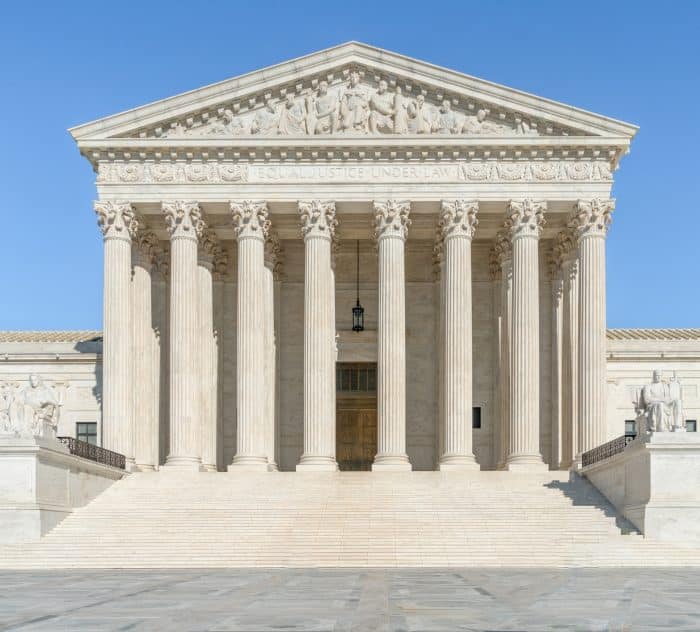On June 20, 2025, the U.S. Supreme Court issued another important decision in Stanley v. City of Sanford, Florida. This decision follows on the heels of Ames v. Ohio Department of Youth Services, which we wrote about in a previous article.
In Stanley, the Court resolved a circuit split holding that Title I of the Americans with Disabilities Act (ADA) does not protect retirees who do not hold or seek employment at the time of the alleged discrimination.
In reaching this conclusion, the Court relied heavily on the ADAs statutory definitions, which protects “qualified individuals.” The statute defines “qualified individual” as someone “who, with or without reasonable accommodation, can perform the essential functions of the employment position that [she] holds or desires.” The use of present-tense verbs to determine the scope of protection, including “discriminate against,” “can perform,” and “holds or desires,” according to the Court, “signal that §12112(a) protects individuals who, with or without reasonable accommodation, are able to do the job they hold or seek at the time they suffer discrimination” but does “not reach retirees who neither hold nor desire a job at the time of an alleged act of discrimination.”
This decision may help employers facing claims from civil rights testers—individuals who apply for jobs only to check ADA Title I compliance—because employers may argue that these testers never desired the jobs they applied for.



